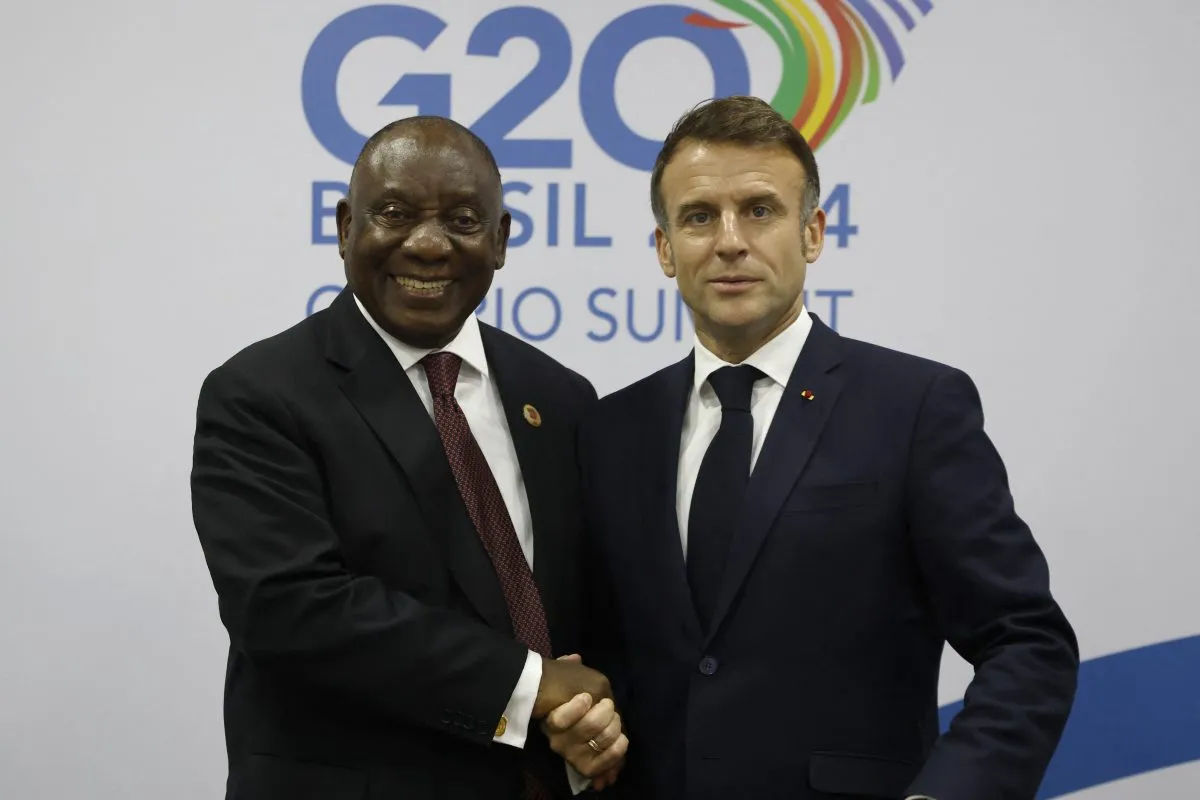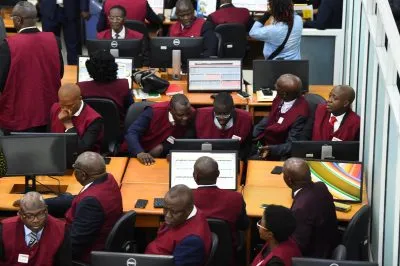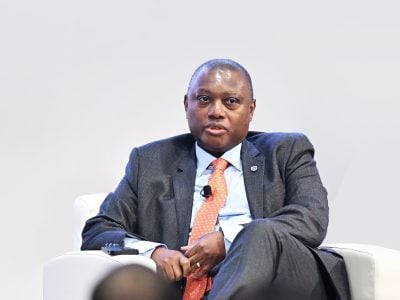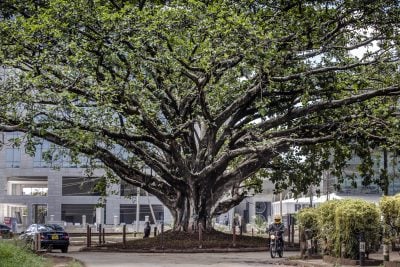South Africa’s 2025 presidency of the G20 comes at a moment of global instability. Volatility in financial markets, escalating geopolitical tensions, and challenges to multilateralism have heightened the stakes for international cooperation. For South Africa, the first African nation to lead the G20, the challenge is immense – but so is the opportunity.
President Cyril Ramaphosa has pledged to use the G20 to elevate the development priorities of Africa and all lower middle income countries. Central to these priorities is the urgent need to address the prohibitively high cost of capital.
This is not merely a technical issue; it is a structural challenge that limits the ability of governments and businesses to invest in people, build resilience to climate change, and compete in the global economy. By tackling this issue head-on, South Africa has the potential to redefine the global financial architecture in ways that benefit not only Africa but the entire developing world.
The cost of capital: a crisis rooted in inequity
In the decade leading up to 2022, Africa’s debt stocks more than doubled, rising from $283bn to $655bn. Private creditors and multilateral institutions accounted for the largest increases in 2023, accounting for 38% and 35% of Africa’s debt stocks respectively. In the same year China accounted for 12.4%.
This debt accumulation was a logical response to historically low interest rates and the continent’s massive infrastructure needs. For many African nations, borrowing was not reckless but necessary.
However, the Covid-19 pandemic changed everything. As revenues from tourism and remittances collapsed, and government expenditures rose to manage the health crisis, debt sustainability deteriorated.
Meanwhile, inflation, fuelled by excessive stimulus and global shocks such as the war in Ukraine, has further strained public finances. Central banks’ rapid interest rate hikes – measures intended to stabilise inflation – have increased the cost of dollar-denominated debt, driving several nations to the brink of default.
Today, 23 out of 40 African nations assessed by the World Bank are at high risk of debt distress or are already in distress.
Half of the $102bn in debt service paid by African countries in 2024 was paid to private creditors – and this debt has become expensive. African countries pay an average premium of 500% on private loans compared to the rates offered by institutions like the World Bank. In 2021, for $1bn in loans, Africa’s lower middle income countries paid an average of 5.79% to private creditors and 1.16% to the World Bank, while upper middle income countries paid 5.92% to private creditors and 0.5% to the World Bank. This disparity has devastating consequences. Between 2016 and 2021, the excess interest costs associated with these premiums amounted to $56bn – funds that could have transformed health systems, improved infrastructure, or enhanced educational opportunities.
Global implications
The high cost of capital in Africa is not just an African problem. It reflects structural challenges in global finance that limit the ability of developing countries to participate fully in the global economy.
For example, African leaders have long argued that African countries face unfavourable credit ratings from agencies like Moody’s, S&P Global and Fitch – ratings that fail accurately to reflect the region’s economic potential or the resilience of its governments. While the rating agencies are making their methodology more transparent, more is needed.
Prudential regulations introduced to protect the banking system after the 2008 financial crisis – embodied in the Basel III framework – play a role in inhibiting private investment in emerging markets by increasing the requirements on investors’ capital liquidity ratios, despite the fact that these investments pose no structural risk to the banking system.
And finally, a paucity of data and domestic regulations can increase these costs. By bringing together these disparate agendas, the G20 can lay out a roadmap for addressing these challenges across the various regulatory and market-based agendas that need reform.
Why South Africa’s G20 leadership matters
As the premier forum for international economic cooperation, the G20 is uniquely positioned to address the structural factors driving the high cost of capital. Representing 85% of global GDP, 75% of international trade, and 64% of the world’s population, the G20 wields significant influence over global financial norms and practices.
President Ramaphosa has already outlined an ambitious agenda, including proposing the establishment of a “Cost of Capital Commission”. This commission would bring together experts from across the public and private sectors to address the root causes of high borrowing costs for developing countries. It would examine credit rating methodologies, prudential regulations, and the data gaps that exacerbate risk perceptions. This proposal builds on successful G20 finance initiatives, such as the Debt Service Suspension Initiative (DSSI) launched during the pandemic and an Independent Expert Group (IEG) that was commissioned by the Indian G20 presidency to address reform of the multilateral development banks. The Cost of Capital Commission could provide the technical expertise and political momentum needed to advance these solutions.
Building coalitions for change
South Africa is not alone in recognising the need for reform. Key G20 members, including Brazil, India and Indonesia, have emphasised similar priorities during their presidencies. The African Union, which now holds a permanent seat at the G20 table, also provides a critical platform for advancing African interests.
Moreover, informal coalitions such as the Bridgetown Initiative and the Paris Pact for People and Planet have already laid the groundwork for multilateral cooperation on financial reform. By aligning its G20 agenda with these initiatives, South Africa can build a broad-based coalition of support, bridging divides between traditional powers like the G7 and emerging blocs such as BRICS.
This collaborative approach will be essential for managing the geopolitical tensions that often complicate G20 negotiations. At the same time, the legitimacy of the G20 framework – rooted in its diverse membership and economic clout – provides a powerful mandate for action.
A global imperative
Addressing the high cost of capital is not just an African priority; it is a global imperative. Emerging economies face an estimated $2.3 trillion to $2.5 trillion in annual financing needs to meet climate goals and achieve sustainable development by 2030. Without access to affordable capital, these goals will remain out of reach, exacerbating inequalities and undermining global stability.
For advanced economies, the stakes are equally high. The economic health of emerging markets directly affects global trade, investment, and financial stability. By addressing the cost of capital, the G20 can unlock new opportunities for growth and innovation, benefiting both developed and developing nations.
Seizing the moment
South Africa’s G20 presidency is a chance to turn the tide on one of the most pressing challenges of our time. By championing the establishment of a Cost of Capital Commission and building coalitions for change, South Africa can help create a fairer, more inclusive global financial system.
This is not just an opportunity for Africa – it is an opportunity for the world. By addressing the structural inequities in global finance, the G20 can lay the foundation for a more resilient, equitable, and sustainable global economy.
As the first African nation to lead the G20, South Africa has the moral authority and political leverage to push this agenda forward. The stakes are high, but so is the potential for transformative change. Now is the time to act.


 Sign in with Google
Sign in with Google 



